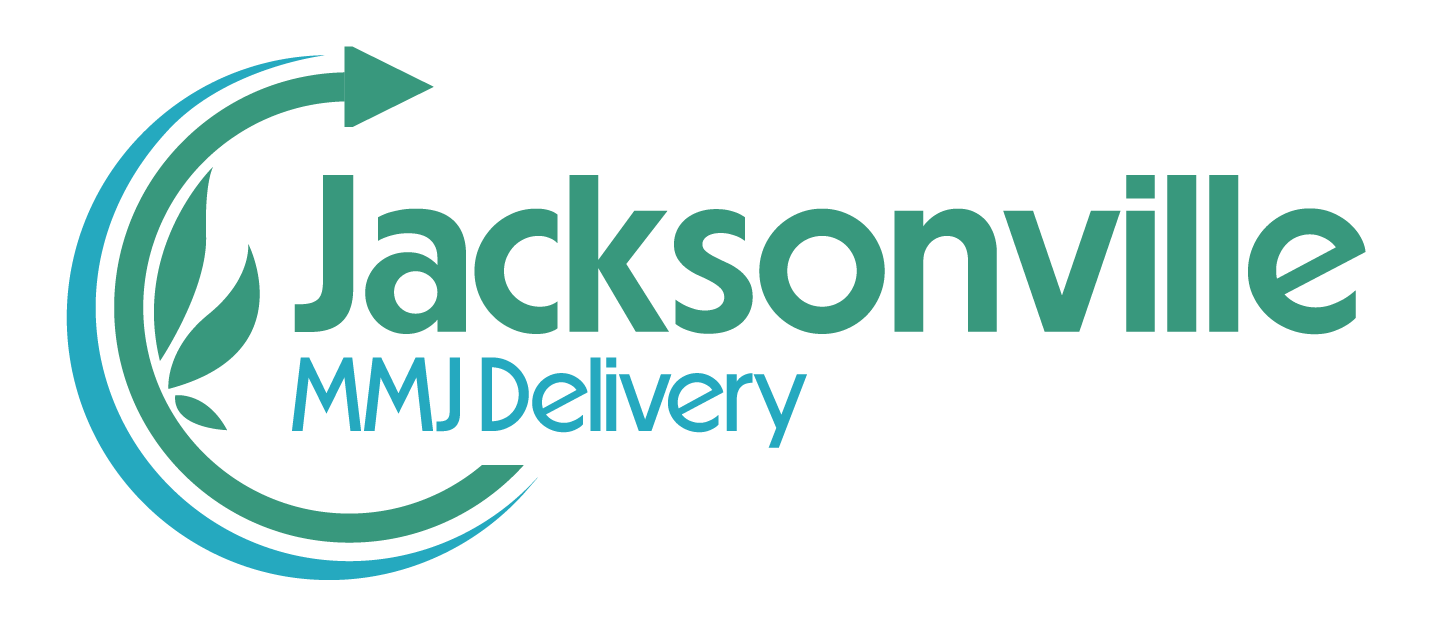The cannabis landscape is marked by a blend of progressive strides and persistent hesitations. While the city of Jacksonville has embraced medical marijuana through established dispensaries and delivery services, the path toward full legalization remains fraught with divergent opinions and regulatory challenges.
Medical Marijuana: A Growing Acceptance
Since Florida’s approval of medical marijuana in 2016, Jacksonville has seen a steady expansion of dispensaries, including prominent names like Trulieve, MüV, and VidaCann. These establishments offer a range of products to patients with qualifying conditions, reflecting a growing acceptance of cannabis for therapeutic purposes. Delivery services have further enhanced accessibility, allowing registered patients to receive their medications conveniently at home.
Recreational Legalization: A Polarized Debate
The conversation around recreational cannabis use has intensified, particularly with the introduction of Amendment 3, which aimed to legalize marijuana for adults 21 and older. A recent poll by the University of North Florida indicated that 66% of respondents supported the measure, surpassing the 60% threshold required for constitutional amendments in the state.
Despite this apparent support, the amendment failed to pass, highlighting the complexities of public opinion. Some community leaders and residents express concerns about potential increases in youth access and impaired driving. Dr. Eric Hall, Secretary of the Florida Department of Juvenile Justice, emphasized the need to consider the implications for young people, stating that the state is at an “interesting point” regarding youth and cannabis use.
Regulatory Hurdles and Market Dynamics
Jacksonville’s regulatory environment presents challenges for cannabis businesses. Strict zoning laws limit the number of dispensaries, requiring them to be spaced at least a mile apart and located in non-residential areas. Additionally, the state’s vertical integration requirement mandates that companies handle all aspects of production and distribution, creating high barriers to entry and limiting market diversity.
Marketing restrictions further complicate operations. Florida law prohibits cannabis advertising visible from public spaces and mandates that all promotional materials avoid appealing to minors. These constraints make it difficult for businesses to reach potential customers and educate the public about their products.
Community Perspectives: A Spectrum of Views
Public sentiment in Jacksonville reflects a spectrum of views on cannabis. While many residents support medical marijuana and recognize its benefits, others remain cautious about broader legalization. Concerns about public health, safety, and the potential for increased substance abuse persist among certain segments of the population.
Conversely, proponents argue that legalization could lead to economic benefits, including job creation and tax revenue, and reduce the burden on the criminal justice system. They also point to the potential for improved regulation and quality control in a legal market.
Looking Ahead
As Jacksonville navigates the evolving cannabis landscape, the city stands at a crossroads. The growing acceptance of medical marijuana suggests a shift in attitudes, yet the failure of Amendment 3 underscores the ongoing debate over recreational use. Balancing public health concerns with economic opportunities and individual freedoms will be crucial as policymakers and residents continue to shape the future of cannabis in Jacksonville.
The city’s experience reflects broader national conversations about cannabis, highlighting the complexities of legalization and the importance of inclusive, informed dialogue.
Read More: Cannabis Consumption in Jacksonville: A Guide to Staying Compliant

